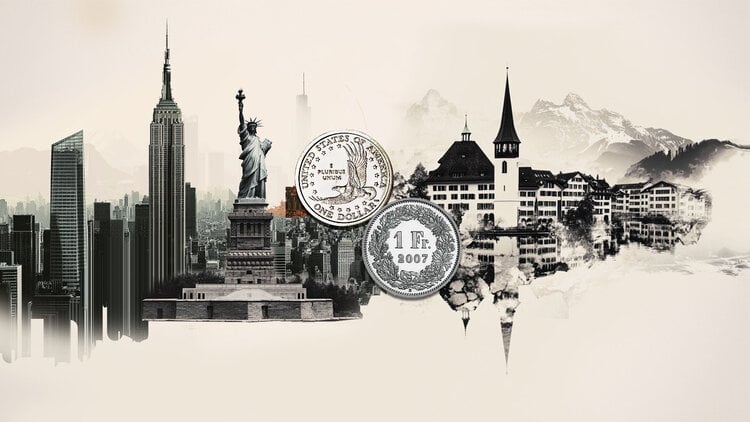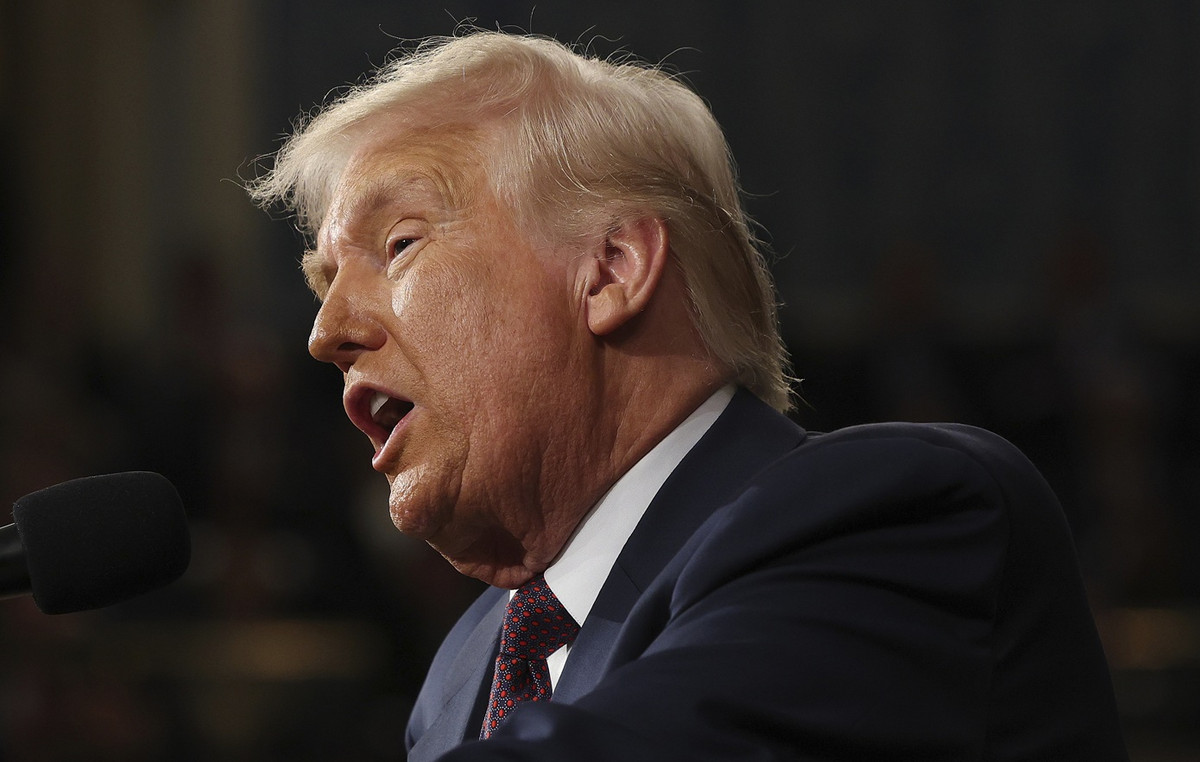The president of the Independent League of Samba Schools (Liesa), Jorge Perlingeiro, told the CNN that the League is preparing to establish, if necessary, the requirement to present proof of the vaccine virtually upon entering the sambódromo, during the parade of samba schools, which will take place between February and March 2022.
According to him, the idea is to adopt the same application used in the Formula 1 Grand Prix, in São Paulo, and there will be no need to take a printed receipt, but only digital.
Although it is not yet official, Perlingeiro guarantees that, should there be a need for a vaccination passport, Liesa will be prepared for its implementation. He says that all samba schools have already been instructed to require proof of immunization for anyone participating in the parade.
“Since it is a closed event, it is feasible to control. We still have almost three months, but we are anticipating so, if we have to present a vaccination passport, we will be prepared. And that will even apply to the components of schools. We are announcing on the courts so that, whoever is going to parade, present proof of vaccination in order to be able to parade”, explained the president, who added: “It is an anticipation of what is to come. But aware that we cannot go back any further. Canceling Carnival is not viable”, he said.
In the case of members of each school, they will have to, if necessary, present proof of the Covid-19 vaccine when removing their costumes. In relation to street blocks, the president of Liesa said that this is an open event that is difficult to control and mentioned the example of New Year’s Eve in the city of Rio, which was canceled by Mayor Eduardo Paes.
Regarding the realization of the street Carnival, Perlingeiro also said that it will depend on what the city hall determines, but he stressed that the biggest popular festival in the country is still about three months away and that, until then, he hopes that the pandemic will take place. keep with good indices like the current ones.
“At the moment, there is no longer a hospital with serious admissions by Covid-19 in Rio. We are preparing a huge Carnival, the schools are preparing a beautiful party. We are living normal life, but always taking precautions”, concluded Perlingeiro.
Last Saturday, after announcing the cancellation for New Year’s Eve in Rio, Mayor Eduardo Paes said that he maintains the planning for the 2022 Carnival and also stressed that there are still a few months to go before the party. At the time, he said that the party has suffered selective attacks for reasons of “prejudice”.
Possible cancellation of Carnival in Rio
Paes, however, expressed concern about a possible cancellation of the Rio Carnival.
“I hope that I don’t have to cancel Carnival, both because of the importance of this party and celebration for our country’s culture, but also because of the economic importance for the city of Rio de Janeiro and for the whole of Brazil,” he said at a press conference.
According to the Getúlio Vargas Foundation (FGV), Rio’s carnival generates more than R$2.2 billion in the economy and 36 thousand direct and indirect jobs in just five days of parades at the Sambódromo.
In the city of São Paulo, whether or not to carry out the Carnival is already on the agenda. As the executive coordinator of the São Paulo scientific committee, João Gabbardo, told CNN this Monday, the parade of samba schools is something feasible to control, but the street blocks “represent a problem” for the city, precisely because of the lack of control of revelers. However, Gabbardo also stated that it is still early for a more concrete manifestation on the subject.
Currently, the biggest fear for the realization of large events is related to the arrival of the Ômicron variant in the country. Despite still having only six confirmed cases, three in São Paulo, two in the Federal District and one in Rio Grande do Sul, the new strain has been shown to be quite transmissible in other countries.
No wonder New Year’s Eve parties have already been canceled in at least 24 Brazilian capitals. The CNN survey confirmed that Campo Grande, Fortaleza, Macapá, Belo Horizonte, Salvador, São Luís, João Pessoa, Palmas, Teresina, Recife, Aracaju, Brasília (DF), Belém, Goiânia, Vitória, Manaus, Porto Alegre, Natal , Curitiba, Cuiabá, São Paulo, Florianópolis, Rio de Janeiro and Maceió chose not to hold events to celebrate the turn of 2021 to 2022.
(*With information from Anna Gabriela Costa, Giovanna Bronze and Giulia Alecrim, from CNN)
Reference: CNN Brasil







